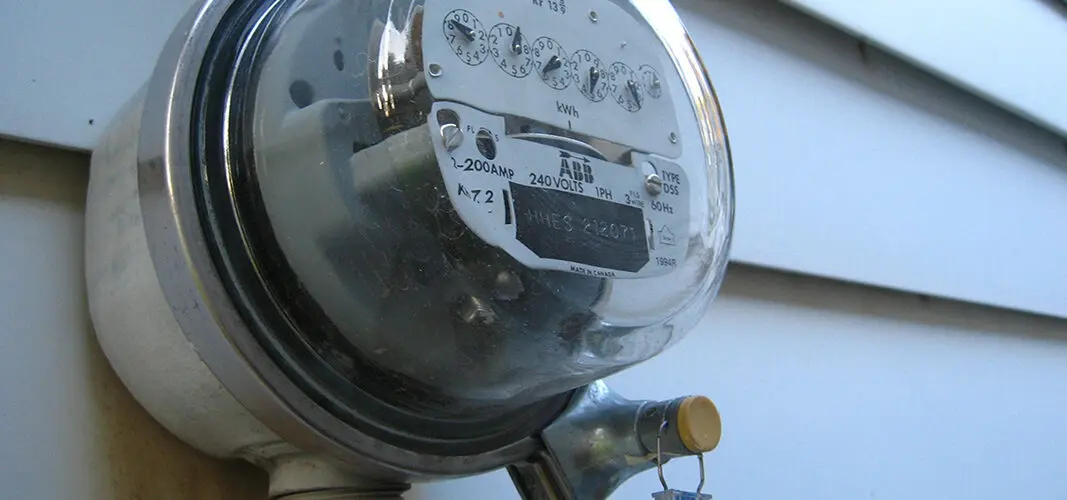House Democrats reverse course and Legislature passes utility accountability bill
A day after delivering a major setback to Democratic Gov. Janet Mills’ plan to hold utility companies more accountable, House Democrats reversed course Wednesday and approved a slightly modified version of the bill.
The legislation would establish key performance measures for electricity providers in areas ranging from reliability to customer relations and impose financial penalties for failing to meet those goals. It also would add whistleblower protections for employees and contractors who report problems with operations. And it would change the way utility companies plan grid upgrades.
Rep. Seth Berry, D-Bowdoinham, had previously criticized the bill, saying utility companies would essentially be allowed to grade their own performance. He railed against the bill as offering “fake accountability.”
But Berry said he would support the bill after a relatively minor amendment offered by Rep. Chris Kessler, D-South Portland, requiring the Public Utilities Commission to ensure that public utilities procure goods and services through a competitive bidding process.
“This is not the bill I would have written,” said Berry, who is an organizer of the Our Power campaign to establish a consumer-owned utility through a citizen referendum, “but it’s now a step forward, so today I stand to take one small step with all of you and the state of Maine to vote, ‘yea.’ ”
The measure passed the House in a 77-56 vote.
The Senate approved the House version of the bill without debate Wednesday, meaning it will likely go to the governor’s desk for her signature.
Clean energy advocates applauded the reversal, pointing to a provision that would require integrated grid planning for clean energy projects.
“Legislators snatched victory from the jaws of defeat, and over a turbulent 24 hours of negotiations, rescued the bill and agreed that it was time to hold utilities accountable for their abysmal, but hopefully improving performance,” said Jeff Marks, Maine director and senior policy advocate at the Acadia Center.
“Energy issues are complex and are often held to the end and heavily fought over during the closing days of legislative sessions,” Marks continued. “This bill was no different, but its impact will benefit Maine’s ratepayers while planning the electricity grid for a clean energy future.”
The bill is aimed at the state’s two investor-owned utilities, Spanish-owned Central Maine Power and Canadian-owned Versant, over poor customer service and unreliable performance.
CMP ranked last in a consumer satisfaction survey last year by J.D. Power.
The bill would require quarterly report cards grading utilities’ ability to meet minimum standards for customer service, complaints, reliability and power restoration. It would impose a fine of $1 million, or 10 percent of annual revenue, for multiple failing report cards. Continued failure could trigger a forced sale to another power company or a consumer-owned utility.
It also would add more protection for whistleblowers who report illegal or improper behavior by a utility, authorize the PUC to audit utilities’ financial information and require utilities to submit regular plans to address the impact of climate change on their infrastructure.
The proposal drew extensive public comment at a hearing before the Energy and Utilities Committee, which struggled to reach consensus and instead voted out three different versions of the bill.
Republicans continued to oppose the bill, saying it will lead to increase electricity costs for ratepayers at a time they can ill-afford them amid record high inflation.
While power companies could not recoup fines from ratepayers, any systemwide improvements to avoid future fines could be recouped, including those to accommodate the grid for more solar projects, he said.
“That is going to have a substantial impact on your constituents’ utility bill,” Sen. Trey Stewart said Tuesday, noting how Mainers already are struggling to pay their bills. “They are frustrated about the number at the bottom of their bill and they are looking to us to make sure it doesn’t get unnecessarily larger.”
Read the full article in the Portland Press Herald here.




















Follow us